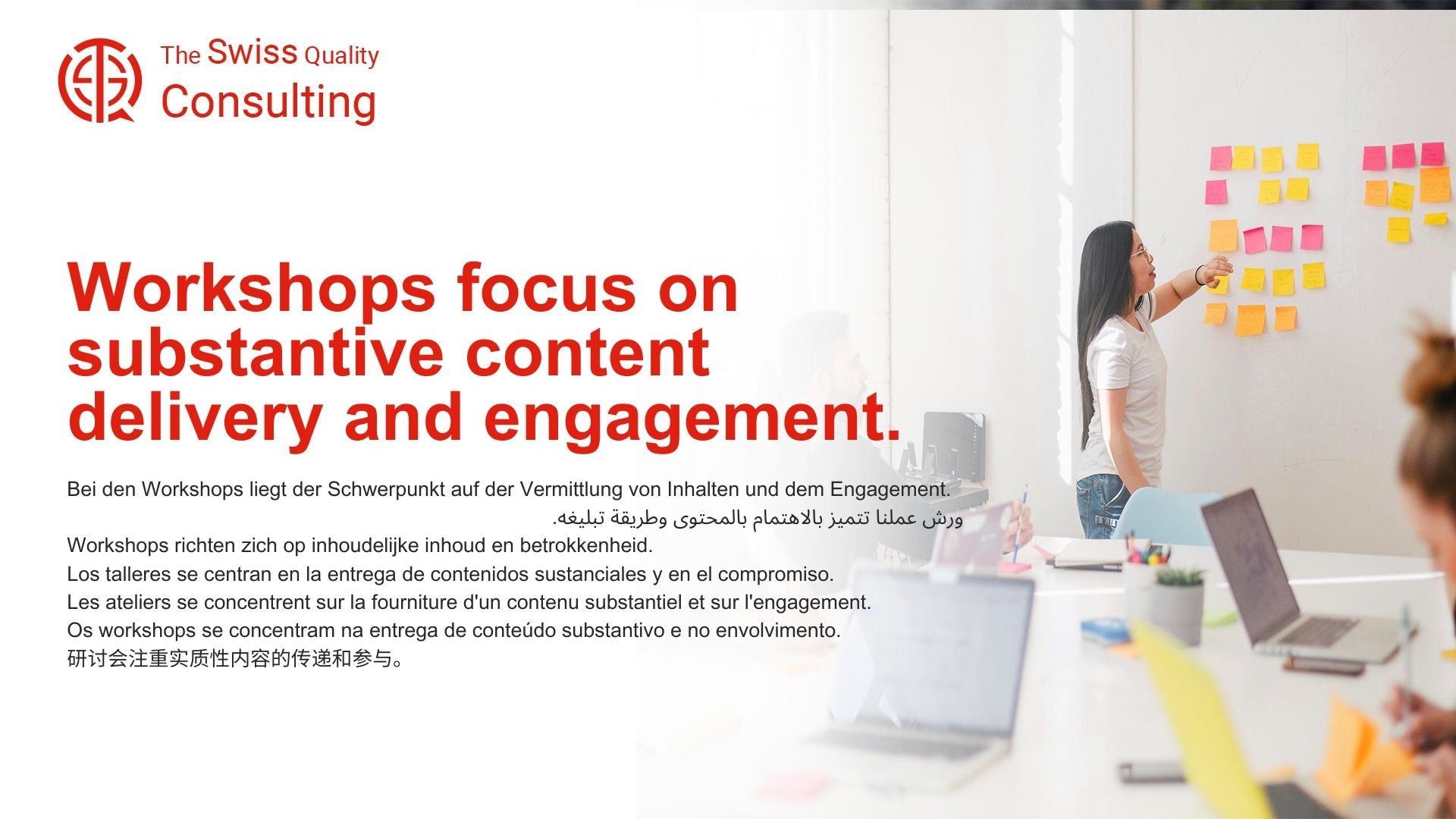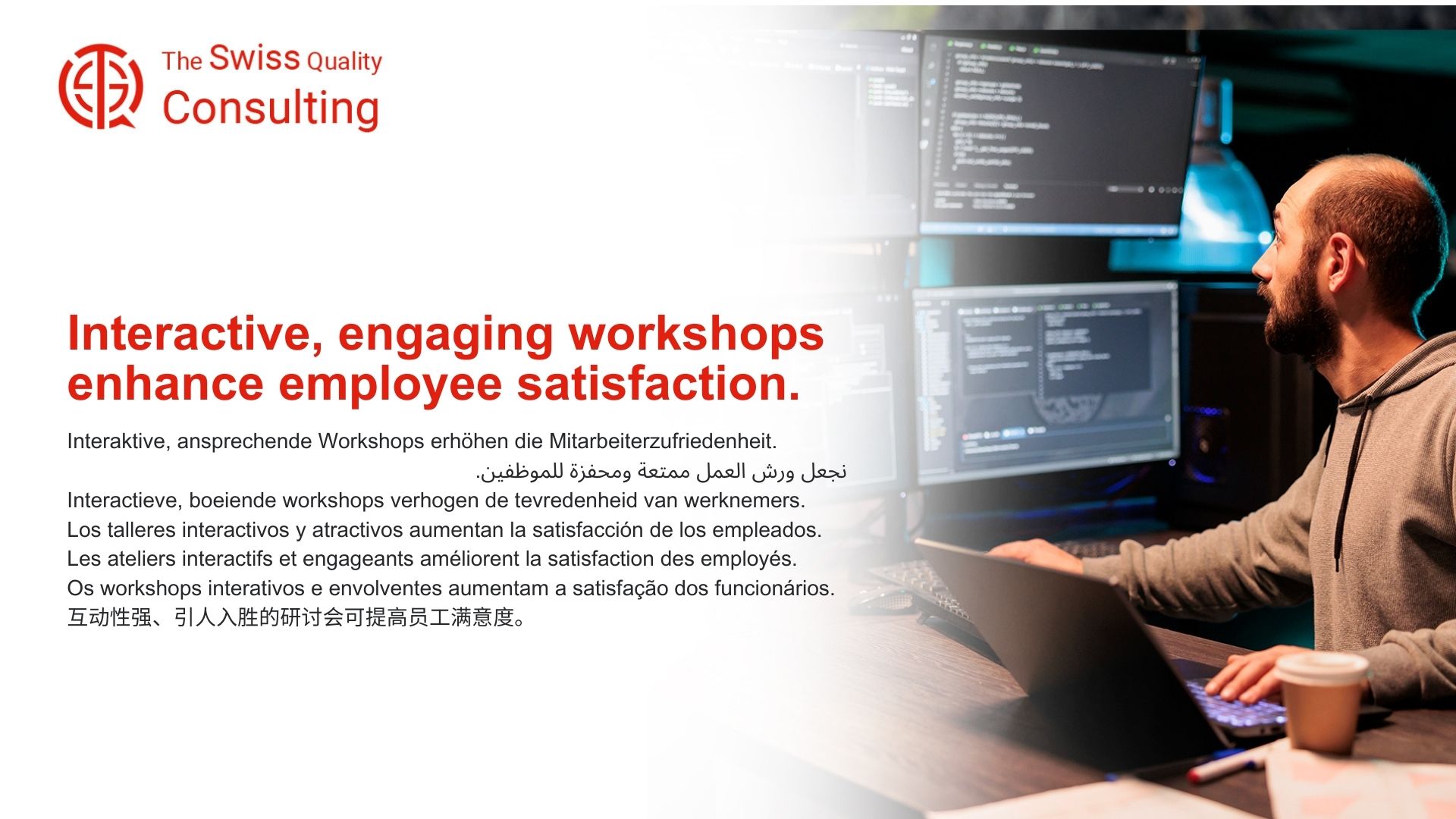Reimagining Business Operations in the Age of Automation
In the fast-paced world of business, efficiency and strategic focus are key drivers of success. The adoption for handling Automate Mundane Tasks has become increasingly important, allowing businesses to allocate more time and resources to strategic planning and core activities. This article examines how automation can transform business operations and why focusing on strategy is essential for long-term success.
The Significance of Task Automation in Business
Automation transcends mere efficiency; it serves as a strategic imperative for orchestrating unwavering productivity, building a future-ready workforce, and empowering businesses to thrive in a fiercely competitive and dynamic global marketplace. This transformative approach empowers organizations to:
1. Unleash Unprecedented Efficiency and Optimize Resource Allocation: By automating routine and repetitive tasks, organizations free up valuable human resources to focus on more strategic and creative endeavors. This optimizes resource allocation, minimizes waste, and boosts overall productivity across all levels.
2. Enhance Accuracy and Eliminate Human Error: By automating tasks prone to human error, organizations ensure consistent and reliable outcomes. This minimizes rework, improves process control, and safeguards against costly errors, ultimately enhancing operational performance.
3. Reduce Administrative Burdens and Streamline Workflows: By automating tedious administrative tasks, organizations improve workflow efficiency and expedite processes. This frees up employee time for more meaningful work, fosters employee satisfaction, and enhances overall organizational agility.
4. Reimagine Work and Empower Employees to Focus on Strategic Initiatives: By freeing employees from mundane tasks, automation allows them to focus on high-value activities requiring critical thinking, creativity, and problem-solving skills. This empowers employees to contribute more strategically, fosters innovation, and drives organizational growth.
5. Build a Data-Driven Culture and Foster Transparency: By automating data collection and analysis, organizations promote a data-driven culture where decision-making is informed by real-time insights. This fosters transparency, increases accountability, and empowers all levels to contribute to data-driven decision-making.
6. Adapt to Changing Market Conditions and Embrace Continuous Improvement: By automating routine tasks, organizations increase their agility and adaptability to changing market conditions and emerging trends. This empowers them to respond quickly to opportunities, navigate disruptions effectively, and continuously improve their operations.
7. Secure a Competitive Advantage and Drive Sustainable Growth: By prioritizing hyper-automation, organizations gain a significant competitive edge by achieving unmatched efficiency, reducing operational costs, and enhancing overall performance. This translates into increased market share, improved profitability, and a more resilient and adaptable organization in a competitive landscape.
8. Build a Future-Ready Workforce and Embrace Unwavering Innovation: Investing in robust automation solutions future-proofs organizations by equipping them with the necessary tools and insights to create a future-ready workforce. This empowers them to adapt to evolving technologies, embrace disruptive innovations, and continuously develop new skills and capabilities, ultimately building a workforce that is prepared to thrive in the future of work.
Beyond Efficiency: A Foundation for Unwavering Productivity and Enduring Success:
By embracing hyper-automation and adopting a transformative approach, organizations unlock the true potential for achieving unwavering productivity, a future-ready workforce, and enduring success. This empowers them to unleash unprecedented efficiency, enhance accuracy, reduce administrative burdens, reimagine work, build a data-driven culture, adapt to change, secure a competitive advantage, and build a future-ready workforce, ultimately building a future where work is not just efficient, but strategic, fulfilling, and a powerful driver of innovation and enduring success.
Embrace the power of hyper-automation and embark on a transformative journey towards a future where your workforce is empowered, your processes are optimized, and your success is driven by the unparalleled capabilities of this cutting-edge technology. By investing in expert automation solutions, fostering a culture of data-driven decision-making, and empowering your teams to leverage automation effectively, you can unlock the full potential of your organization and build a future of unwavering productivity and enduring success.
Change Management in Implementing Automation
Implementing automation within an organization requires effective change management. This transition involves more than just the integration of new technologies; it requires a shift in mindset and processes. Businesses must train their workforce to adapt to new systems, redefine roles, and develop strategies to smoothly transition from manual to automated processes.
Executive Coaching for Strategic Leadership
As businesses adopt automation, the role of executive leadership becomes more focused on strategy and innovation. Executive coaching can play a vital role in preparing leaders for this shift. Coaching helps leaders develop skills to analyze complex situations, make informed decisions, and lead their teams towards achieving strategic goals in an automated business environment.
Effective Communication in the Era of Automation
Effective communication is key to the successful implementation of automation. It is crucial for leaders to clearly articulate the benefits of automation to their teams and stakeholders and to ensure that the shift aligns with the company’s overall strategic objectives. Good communication helps in managing expectations and fostering an environment that is receptive to change.
Generative AI in Enhancing Business Strategy
Generative Artificial Intelligence (AI) can further augment the benefits of automation in strategic planning. AI can analyze large data sets to identify trends, predict market changes, and provide insights that can inform strategic decisions. This allows businesses to anticipate future challenges and opportunities, staying ahead in a competitive market.
Conclusion Automate Mundane Tasks
In conclusion, automating mundane tasks to focus on strategy is not just an operational improvement; it is a strategic imperative. It enables businesses to enhance efficiency, reduce costs, and devote more resources to strategic planning and innovation. In the ever-evolving business landscape, this balanced approach is key to achieving long-term success and sustainability.
#BusinessAutomation, #StrategicPlanning, #OperationalEfficiency, #AIInnovation, #LeadershipFocus























